Welcome to 1984 – the book, not the year. Here is how we begin:
It was a bright cold day in April, and the clocks were striking thirteen.
It's a marvelous start because it tells you so much in just the first sentence. It's spring, bright and cold; you know the feeling of the weather. And something is immediately happening in a familiar way – the clock is striking – but oh wait, it's striking thirteen.
And now we know something is up. This is not going to be what we expect.
Setting aside the discussions about marvelous first sentences (which this is) and sentences that have wonderful rhythm (which this does), let's talk about another merit this sentence has: atmosphere. We feel physically and emotionally the tone of this book, right from the get-go.
It's a comfort that 1984 is so well written because the content is a real bummer even when you're not living in the middle of what looks like the apocalypse. I've read it before and in comparison with the other books in our upcoming schedule, I honestly have not been super looking forward to this one.
But it is good medicine, because cultures who don't read Orwell are doomed to repeat it, or something like that. So here we are.
Last month I mentioned how we know we're not quite done with what we're writing if it feels too vanilla, too safe, and we need to go deeper into more personal territory and share more of ourselves. In the vein of veggies first, then dessert, that is a much harder thing to do than what I’m going to tell you now.
Because lots of writing isn't really about us, and it's not emotional, and it's not something really "risky" or attention-grabbing. Sometimes we just need to share information. And sometimes when we're sharing information, we realize there's still something missing, because the piece is boring as heck.
What is missing, though?
In these cases, to keep the information from being too vanilla, too drab, too (yawn) same ol', same ol', we need to add atmosphere.
What does that mean? Several things.
It can be a setting or a visual. What does this information apply to? Can you illustrate it with a scene or a story?
It might be mood. Maybe the topic isn't particularly emotion-provoking, but what mood do you want to evoke in your reader while reading about it?
It might be (and by "might be" I really mean it most definitely, probably, 99% is) your tone and choice of words. Are we formal, or conversational? Are we serious or sarcastic? Are we writing to the reader, or just spewing sentences at the reader?
Atmosphere is what opens the door to the reader and says, Hey, welcome. Come on in and look around a bit, get a feel for this place. We're in the room together.
Atmosphere is not inundating the reader with too much description of the setting, or every little detail of the story (more on that in a later post). It is an invitation that says come closer, feel this more keenly – like the difference between seeing notes on paper to actually hearing the music.
Let’s look:
There was work with pleasant talk, there were happy little jokes and evenings of cozy studying, and reading, and the music of Pa's fiddle.
— Laura Ingalls Wilder, These Happy Golden Years
Ohhh, this is cozy, and homey, and friendly. This place feels comfortable. Curl up and stay awhile.
No man, for any considerable period, can wear one face to himself, and another to the multitude, without finally getting bewildered as to which may be the true.
— Nathaniel Hawthorne, The Scarlet Letter
Ah. Now this, this might challenge us. Not only is the language more formal, but we’re also talking out loud about the things we usually stay silent about. Someone — or something— is going to get exposed here.
Something of vengeance I had tasted for the first time; as aromatic wine it seemed, on swallowing, warm and racy; its after-flavour, metallic and corroding, gave me a sensation as if I had been poisoned.
— Charlotte Bronte, Jane Eyre
Here we read something relatable and also convicting. Yes, we think, that is how it feels…and then the integrity of Jane confronts us with the right response, which is distaste. We realize this is a place that has high, Godly standards, and yet is honest about what lies beneath them.
For me, when I realize what I’m writing is too vanilla and then finally include the atmosphere – the thing that's happening, the illustration inside the post, an event that I'm talking about – I usually find the real theme that the Lord is touching on. Oh, there it is, I see what You're pointing at now.
When I write about Kingdom culture and wholeness, I want to create an invitation to growth, rather than adding to the burden of the reader's awareness of their own imperfections. Does it give hope, or answers, or revelation? Or does it just complain and nag and add to the negativity? Is it something that walks alongside and moves forward, or that just circles around the same dead horse?
Some hard things need to be said. But they are received better when they're delivered with humor, and humility, and compassion. So sometimes it works to find the One Hard Thing, and put it in an atmosphere that makes it more palatable — an analogy, some humor, a personal confession that acknowledges I’m not better than you, I’m still learning, also. I’m not watering it down to be seeker-friendly, but I want the reader to absorb the nutrients, just like how we need to take black pepper with turmeric because on its own, turmeric is not very bioavailable. Hard messages aren't super bioavailable either without being delivered in the right atmosphere.
The main thing I go back to is, "Is this something I want to read?" And if it isn’t, there’s a good chance I’ve forgotten to invite the reader in. I may have sent out an invitation, but that’s not the same as standing at the door and beckoning to them while light pours out and the smell of fresh coffee floats through the air.
quick updates!
So yes, we’ve started 1984 and the next few books are also scheduled, which gets us through next fall (err, early winter here in Alaska). Here you go:
If you’d like to work on your writing with the benefit of personal feedback and coaching — or you have a student who needs help writing or some supplementary English for school credit — I still have a couple slots available. You can either a) upgrade your subscription here for monthly 500-word assignments (of your topic choice, but I have tons of ideas if you need prompts), or b) register for the slightly more ambitious coaching via my website, which has longer writings and is slightly more expensive. More info here.





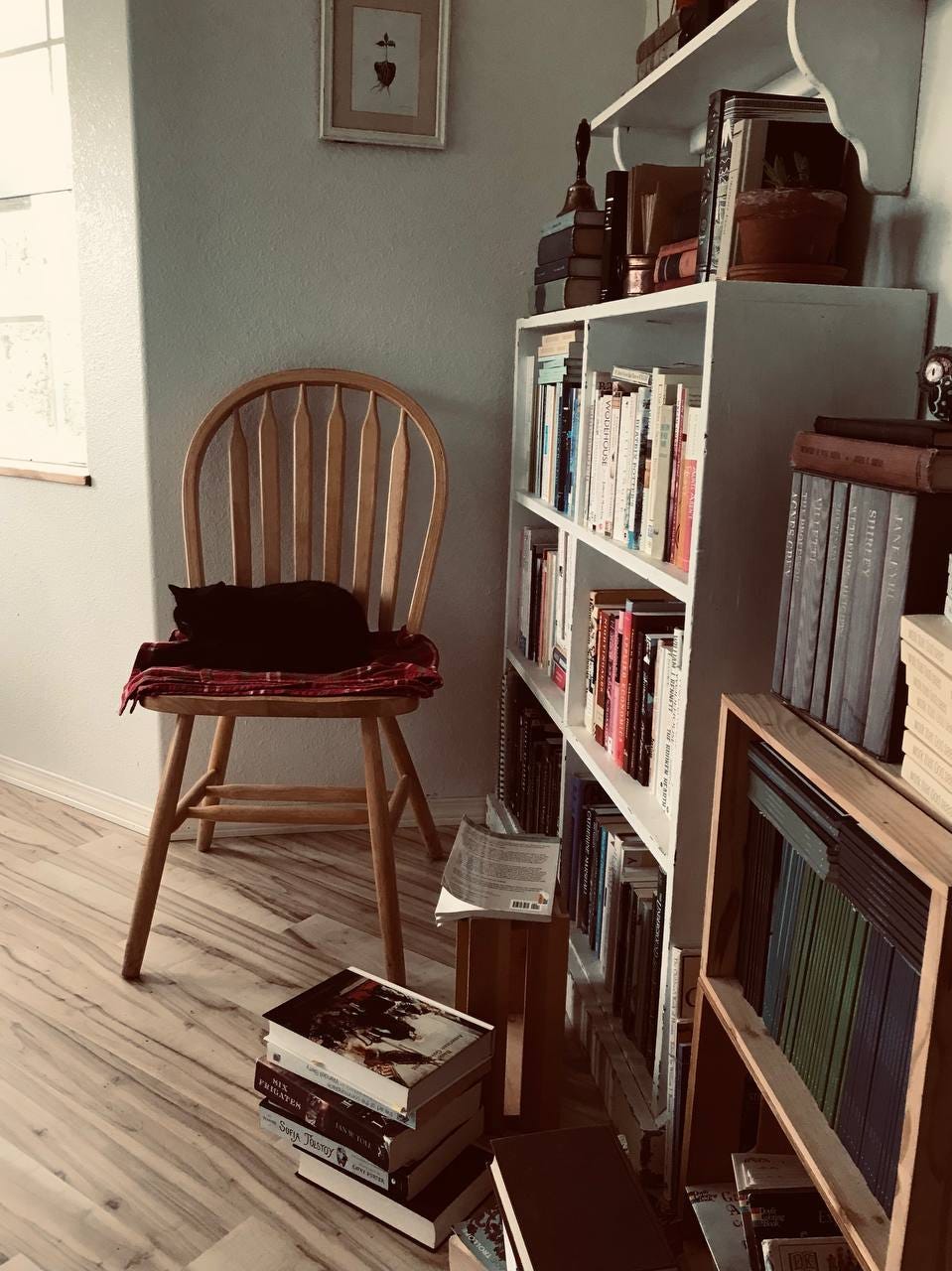
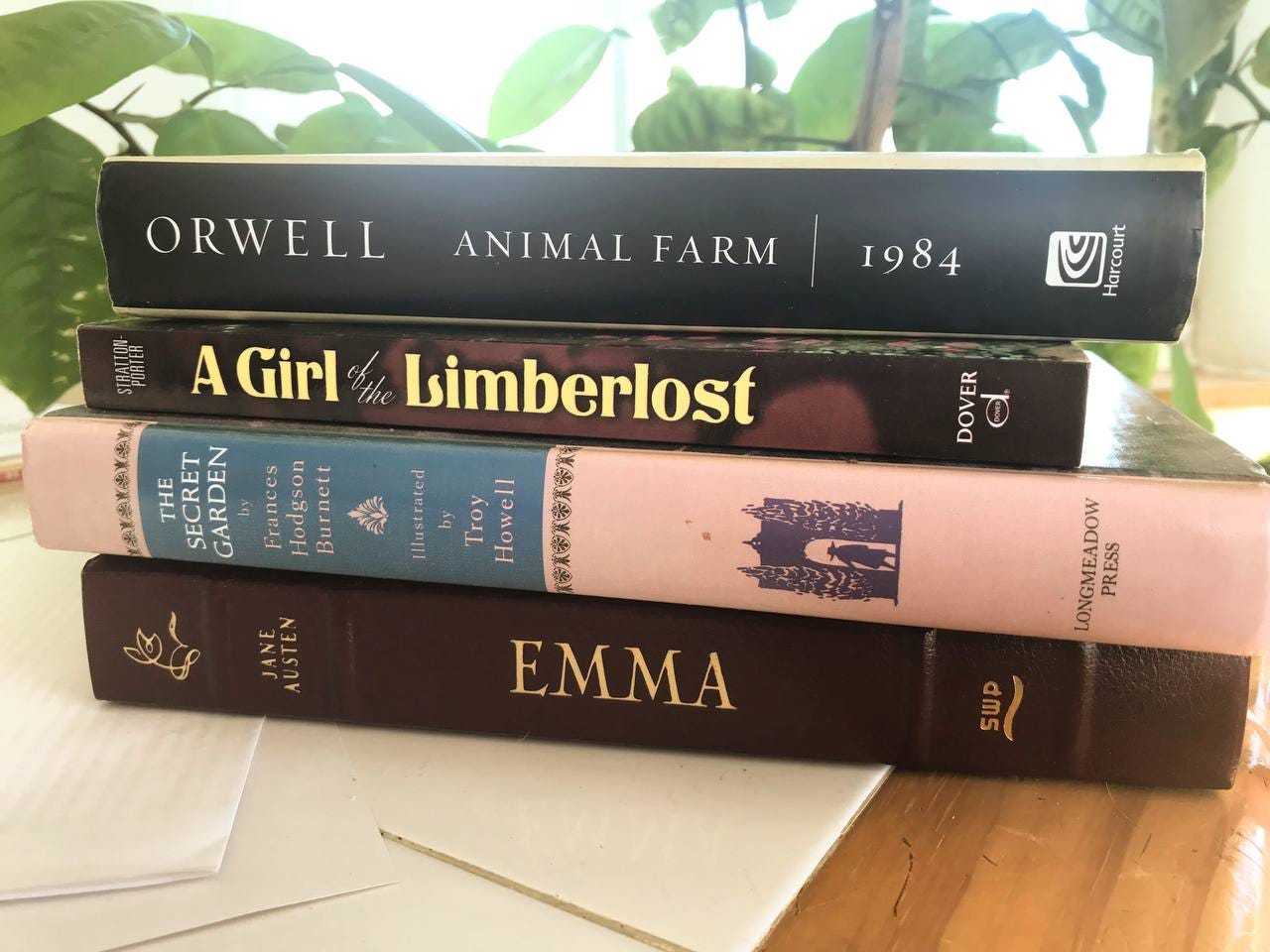
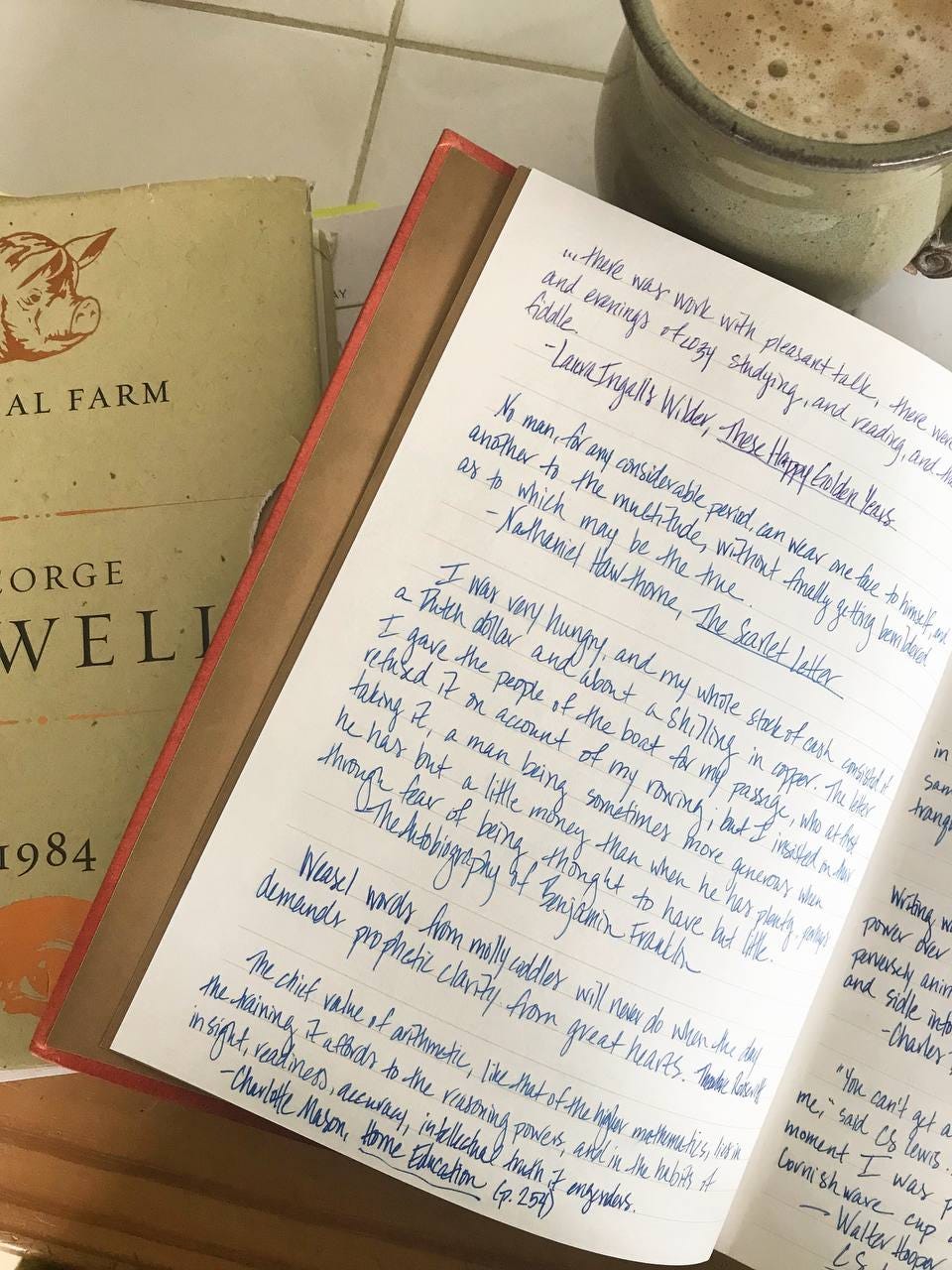
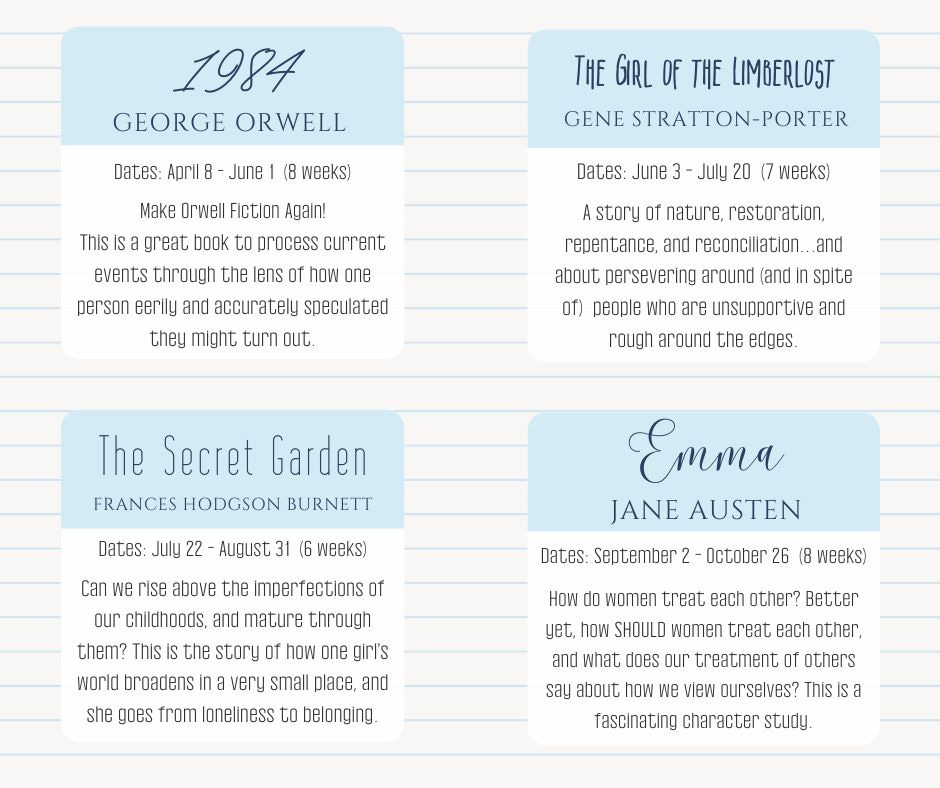
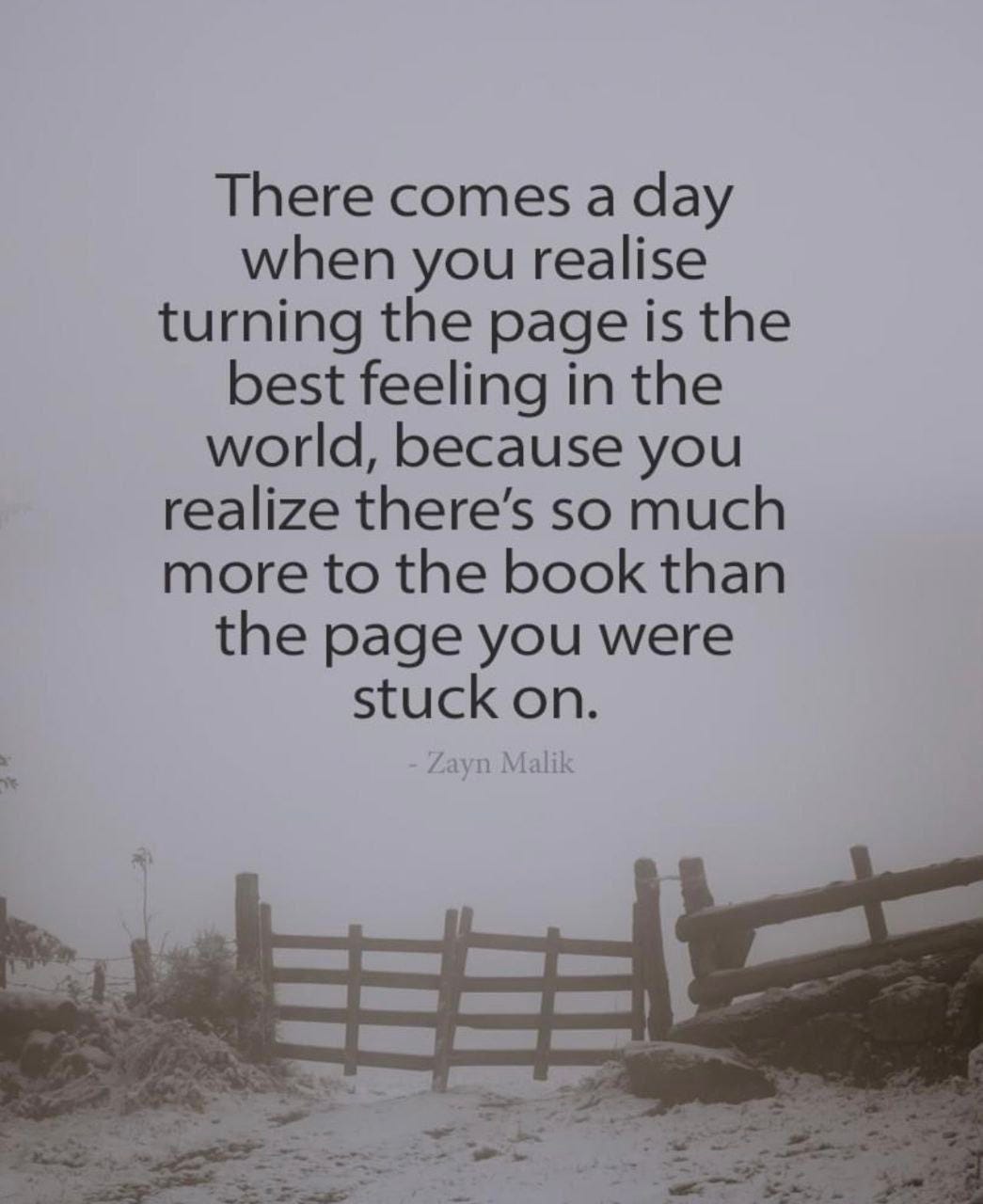
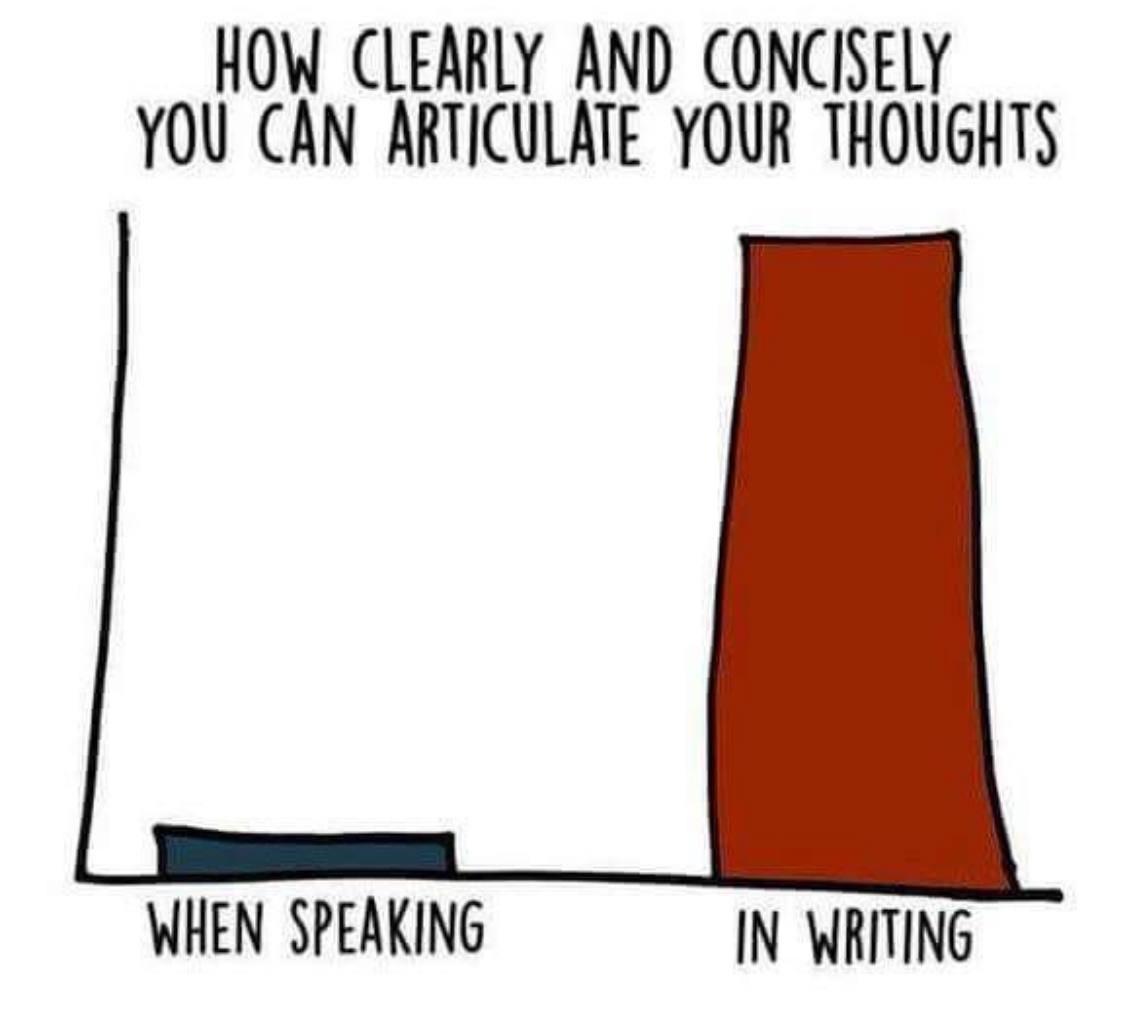

This was so helpful.
I’m taking notes 😁
So far, I have:
Show me vs. telling me
Keep it bite-size
Invite the reader in
Did I forget anything else previously mentioned? 🤔
Looking forward to the next installment 👍🏻
You’ve given me some good points to think about. Thank you!